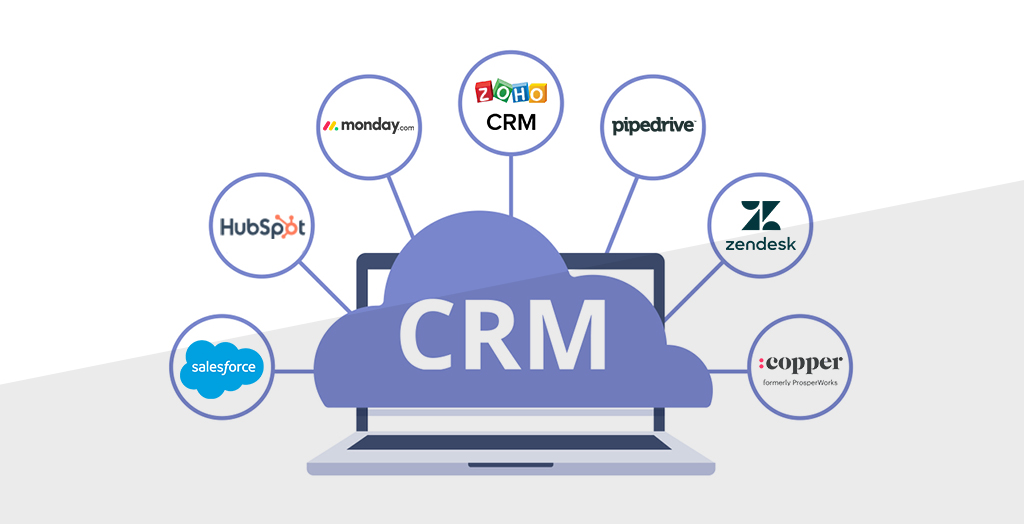In today’s competitive business environment, managing relationships effectively is essential for sustainable growth. This is where the best CRM tools play a vital role. Customer Relationship Management (CRM) software helps businesses organize customer data, track interactions, and streamline communication to improve customer satisfaction and loyalty. Whether you are a small business owner, marketer, or sales professional, choosing the right CRM can make a significant difference in performance and revenue.
This article explores what CRM tools are, why they are important, and how to select this for your business needs.
What Are CRM Tools?
These are software systems designed to help businesses store and manage customer information, track leads, and analyze customer behavior. These tools centralize data, making it easy for sales, support, and marketing teams to work efficiently and collaboratively.
Key Functions of CRM Tools
- Organizing customer profiles and contact details
- Automating sales and follow-up processes
- Tracking communication history
- Improving customer support and responsiveness
- Generating reports and sales forecasts
This make it easier to build stronger, more personalized relationships with customers.
Why Businesses Need CRM Tools
CRM tools provide insights that help businesses understand customer needs and behavior. When you know what your customers expect, you can offer better services and improve loyalty.
Benefits of Using CRM Software
- Improved Customer Experience: Track customer interactions to offer personalized communication.
- Increased Sales Efficiency: Automate follow-ups and manage leads more effectively.
- Better Data Organization: Store all data in one secure system.
- Enhanced Team Collaboration: Teams across departments access the same updated information.
- Data-Driven Decision Making: Analyze trends and performance through built-in analytics.
Choosing from the it ensures you get advanced features that support business growth and customer retention.
Top Features to Look for in the Best CRM Tools
Not all CRMs offer the same features. To choose wisely, consider what aligns with your business goals.
1. Contact and Lead Management
A strong CRM should allow easy storage and segmentation of customer information.
2. Sales Pipeline Visualization
A clear pipeline helps sales teams track customer journey stages.
3. Automation Capabilities
Automating emails, reminders, and task assignments saves time and reduces manual errors.
4. Integration Options
The best CRM tools integrate smoothly with email, website analytics, social media, and payment systems.
5. Reporting and Analytics
CRM tools must offer dashboards that show performance data clearly.
The Best CRM Tools for Different Business Needs
1. HubSpot CRM
Best for: Small businesses and startups
HubSpot CRM offers a free version with essential features. It is easy to use and integrates with marketing automation.
Key features:
- Contact management
- Email tracking
- Custom dashboards
- Sales pipeline management
2. Salesforce
Best for: Large organizations and enterprises
Salesforce is one of the best CRM tools known for advanced customization and scalability.
Key features:
- Comprehensive analytics
- AI-powered insights (Einstein AI)
- Custom automation workflows
- Multi-team collaboration tools
3. Zoho CRM
Best for: Budget-conscious businesses
Zoho CRM is affordable and feature-rich, making it suitable for small to medium-sized businesses.
Key features:
- Lead scoring
- Workflow automation
- Sales forecasting
- Integration with Zoho suite apps
4. Freshsales
Best for: Businesses focusing on sales growth
Freshsales helps teams manage sales pipelines efficiently.
Key features:
- AI-based lead scoring
- Customizable pipeline stages
- Multi-channel customer communication
- Sales activity insights
5. Pipedrive
Best for: Sales-focused teams
Pipedrive is visual, simple, and designed for closing deals faster.
Key features:
- Drag-and-drop pipeline
- Sales performance tracking
- Deal priority suggestions
- Mobile CRM access
How to Choose the Best CRM Tools for Your Business
When selecting a CRM, consider:
| Factor | Why It Matters |
|---|---|
| Business Size | Determines scalability and features needed |
| Budget | CRMs vary from free to enterprise-level pricing |
| Ease of Use | User-friendly platforms reduce training time |
| Integration Support | Connects smoothly with your existing tools |
| Customer Support | Reliable assistance ensures smooth operation |
Choosing the best CRM tools depends on aligning features with your workflow, customer needs, and long-term goals.
Conclusion
Investing in this can transform the way your business interacts with customers. These tools streamline communication, improve customer experience, and support data-driven business growth. Whether you choose HubSpot for simplicity, Salesforce for advanced customization, or Zoho for affordability, the right CRM helps create stronger, more meaningful customer relationships.

